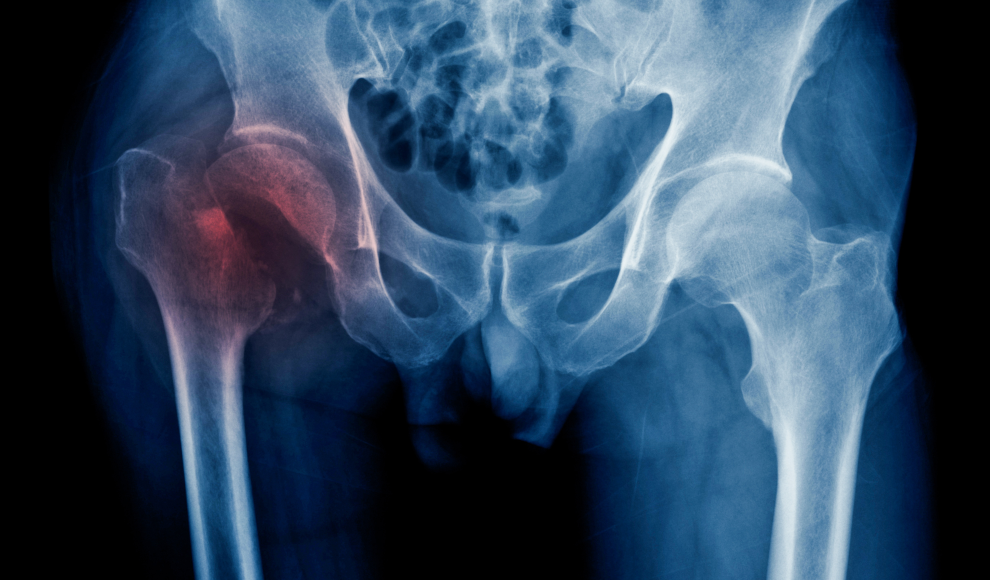A recent study conducted by researchers at the University of Leeds has found that vegetarians are more likely to suffer from hip fractures than those who regularly consume meat. However, the health benefits of a vegetarian diet may outweigh the increased risk of hip fractures. Previous studies have shown that diet plays a significant role in bone health and the risk of fractures. A diet rich in calcium and protein has been found to reduce the risk of falls and fractures in seniors. However, studies have also shown that vegetarian women have a higher risk of hip fractures.
To investigate the impact of vegetarianism on hip fracture risk in men, the researchers analyzed health data from 413,914 people in the UK Biobank project. The participants were divided into four groups based on their dietary habits: regular meat eaters, occasional meat eaters, pescatarians, and vegetarians. The researchers then linked their dietary habits to hospital records. During the study period, there were 3,503 hip fractures (0.8%) among the participants. The study found that the risk of hip fractures was significantly higher (50%) in vegetarian men and women compared to those who regularly consume meat. However, the risk did not differ between occasional and regular meat eaters.
The researchers also investigated the factors responsible for the increased risk of hip fractures in vegetarians. The analysis showed that the lower body mass index (BMI) of vegetarians was responsible for the lower risk. However, a recent study by the University of Toronto found that vegetarian children are more likely to be underweight. The data from the UK Biobank project also showed that vegetarians are less likely to meet the recommended protein intake. The researchers emphasized the importance of vegetarians ensuring they have a balanced diet with sufficient protein and maintaining a healthy BMI to maintain healthy bones and muscles.
In conclusion, while vegetarians may have a higher risk of hip fractures, the health benefits of a vegetarian diet may still outweigh this risk. The study highlights the importance of a balanced diet and maintaining a healthy BMI for bone health.










